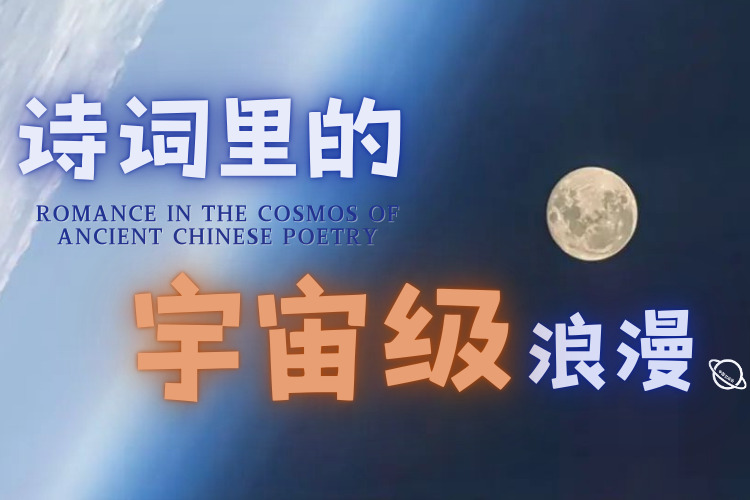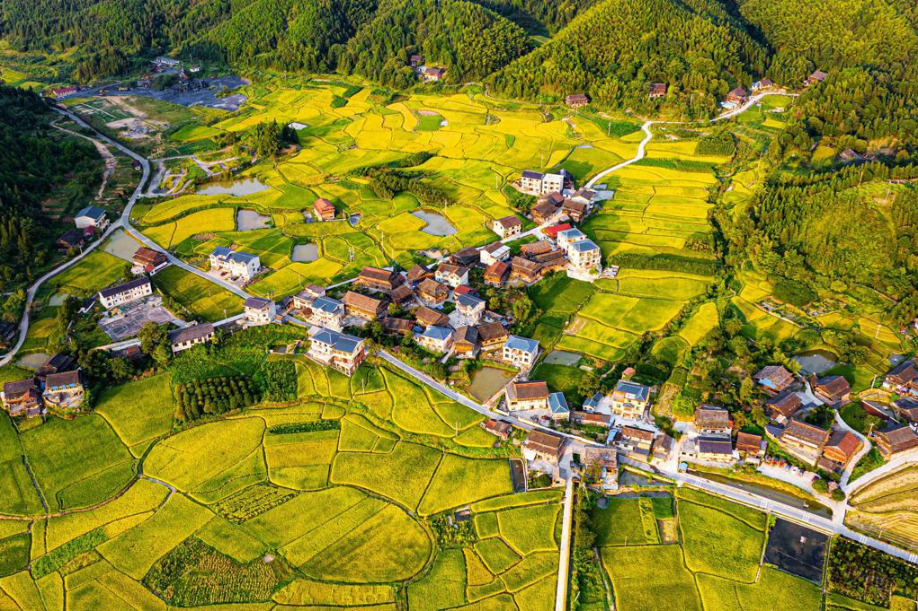WHO calls for open borders despite Omicron concerns


The World Health Organization has urged countries to stop closing borders to southern African nations over concerns about the new Omicron coronavirus variant.
Several countries across the globe have imposed flight bans to the region after South Africa's scientists reported detection of the new variant on Thursday, a day after Botswana confirmed the variant in four diplomats who had tested positive for COVID-19 earlier this month.
In a statement on Sunday, the WHO said restrictions should not be unnecessarily invasive or intrusive if implemented, should be scientifically based and follow international health regulations.
Matshidiso Moeti, the WHO regional director for Africa, urged countries to respect their legal obligations and implement scientifically based public health actions.
"It is critical countries which are open with their data are supported, as this is the only way to ensure we receive important data in a timely manner," she said.
With the Omicron variant now detected in several regions of the world, Moeti said putting in place travel bans that target Africa attacks global solidarity.
"COVID-19 constantly exploits our divisions. We will only get the better of the virus if we work together for solutions," she said.
So far, the Omicron variant has been detected in China's Hong Kong Special Administrative Region, Australia, Belgium, Italy, United Kingdom, Germany, Austria, Denmark and Israel.
Moeti said the speed and transparency of the South African and Botswana governments in informing the world of the new variant should be commended.
"WHO stands with African countries which had the courage to boldly share life-saving public health information, helping protect the world against the spread of COVID-19," Moeti said.
Cyril Ramaphosa, the president of South Africa, called for a lifting of travel bans, terming them scientifically unjustified and adding they unfairly discriminate against countries in the region.
"The prohibition of travel is not informed by science, nor will it be effective in preventing the spread of this variant," Ramaphosa said in his address to the nation on Sunday.
"The only thing the prohibition on travel will do is to further damage the economies of the affected countries and undermine their ability to respond to, and recover from, the pandemic."
Ramaphosa said emergence of the Omicron variant should be a wake-up call to the world vaccine inequality cannot be allowed to continue.
"Instead of prohibiting travel, the rich countries of the world need to support the efforts of developing economies to access and manufacture enough vaccine doses for their people without delay," he said.
In a statement Sunday, the WHO's Technical Advisory Group on Virus Evolution said it's not yet clear whether Omicron is more transmissible compared to other variants including Delta, or whether infections with the variant cause more severe disease.
The advisory group, however, said preliminary evidence suggests there may be an increased risk of reinfection with Omicron compared to other variants of concern, even though information is limited.
As investigations into the new variant continue, the WHO called on countries to take a risk-based and scientific approach and put in place measures which can limit its possible spread.
The UN agency urged countries to take key steps to enhance efforts to track the Omicron variant, including ensuring effective and speedy testing of the variant.
Research published by the American Institute of Physics on Nov 17 said for travel restrictions to be effective to limit the propagation of contagious diseases, no cases should be present in the isolated territory. This is not easy to guarantee, especially when dealing with asymptomatic cases. Secondly, travel bans should be total to avoid cross-territory propagation.
In a comment published by the Science Media Center of the United States, Mark Woolhouse, a professor of infectious disease epidemiology at the University of Edinburgh, said travel restrictions can delay but not prevent the spread of a highly transmissible variant.
"The role of travel restrictions is to buy us some time and their value depends on what we do with that time. The priority must be to establish whether Omicron really does pose a significant threat to public health," he said.




































